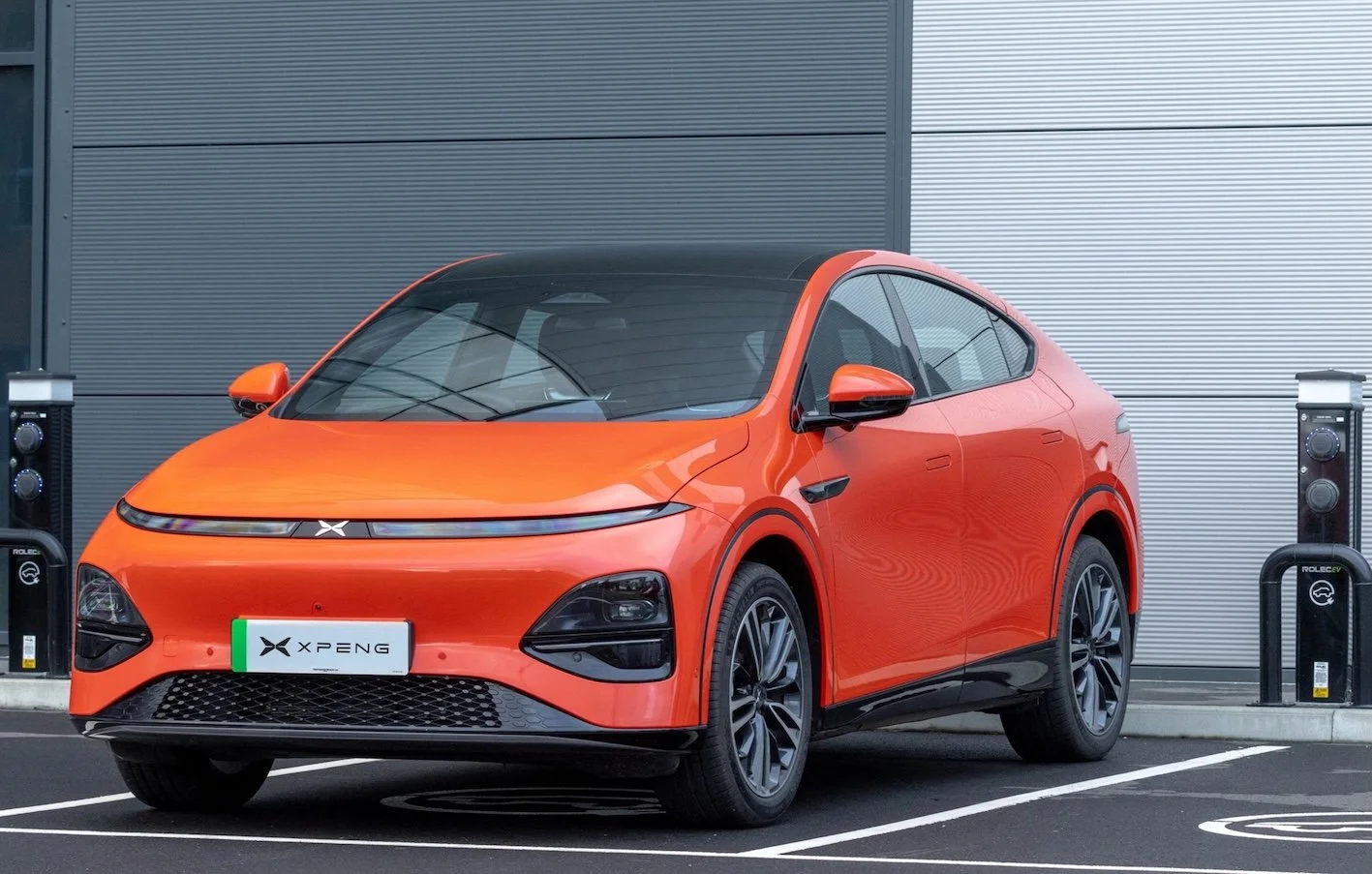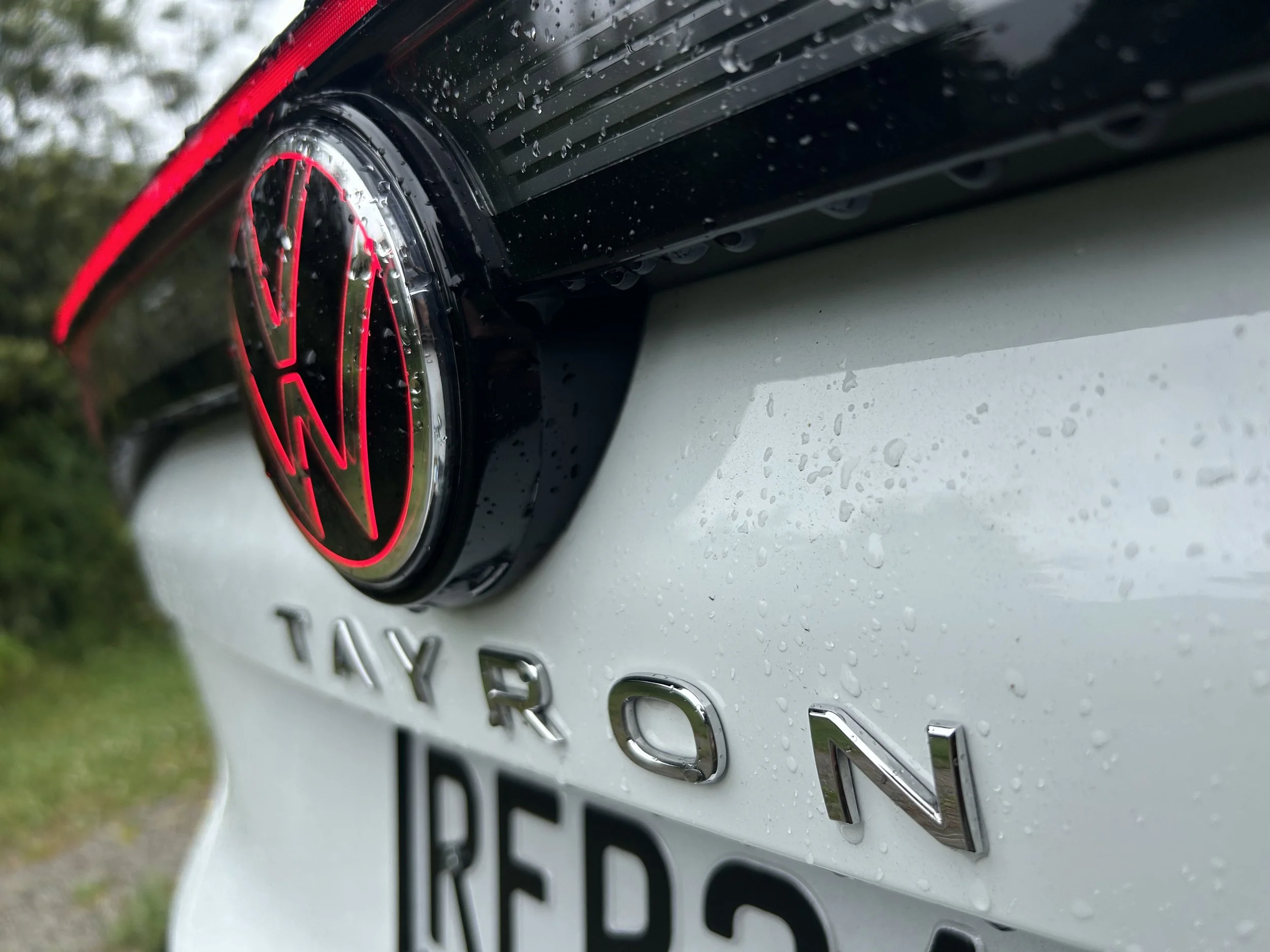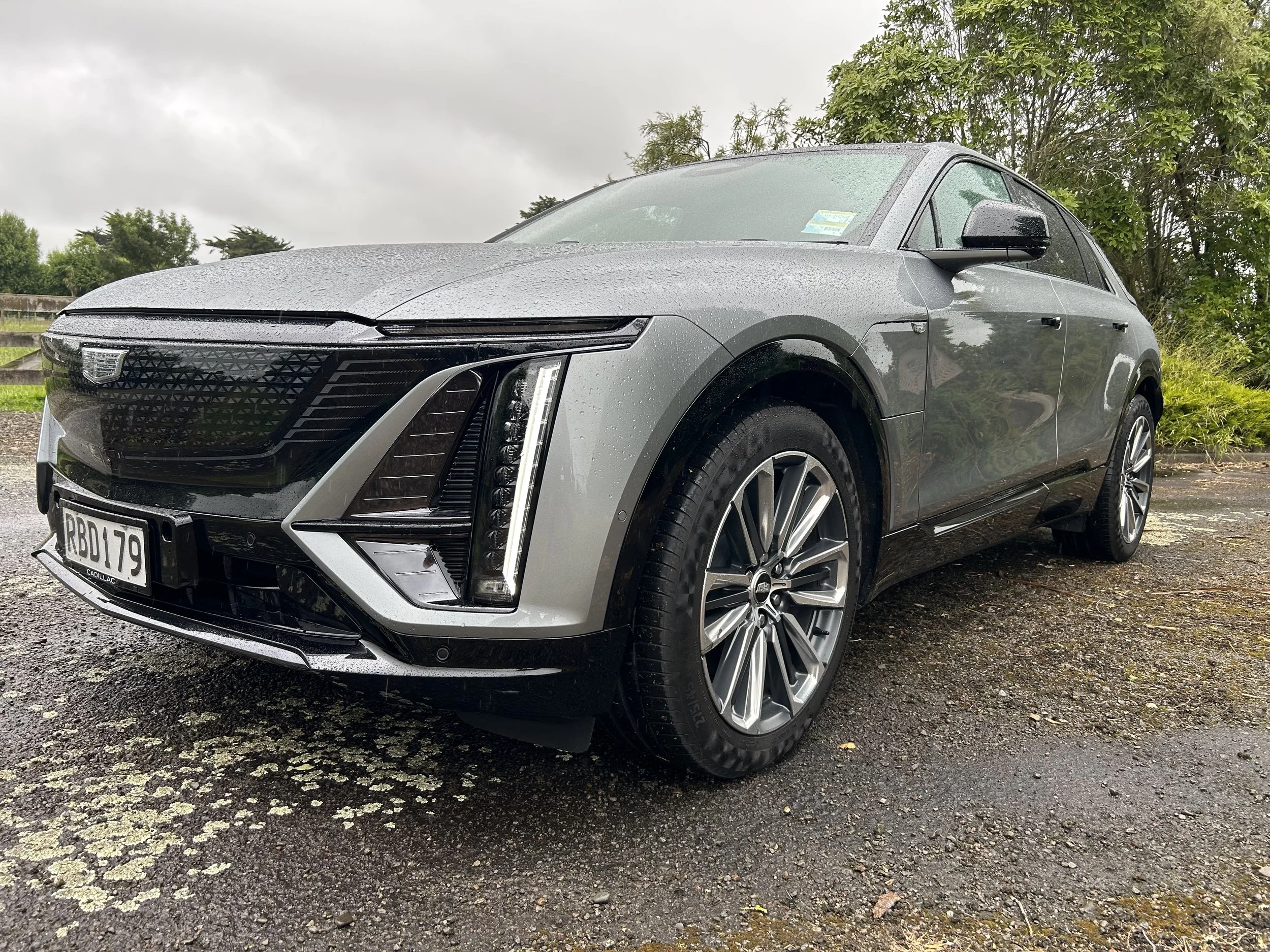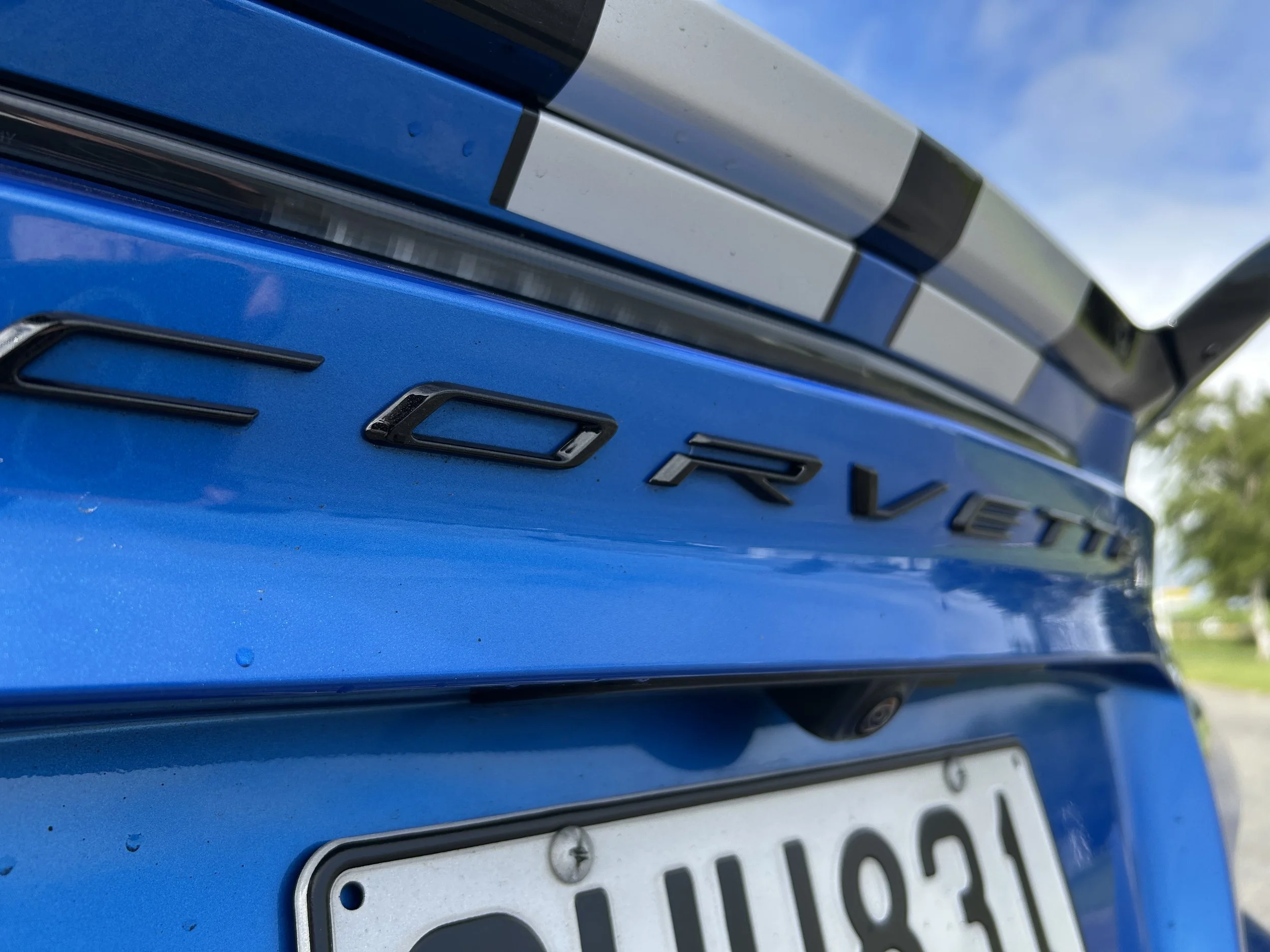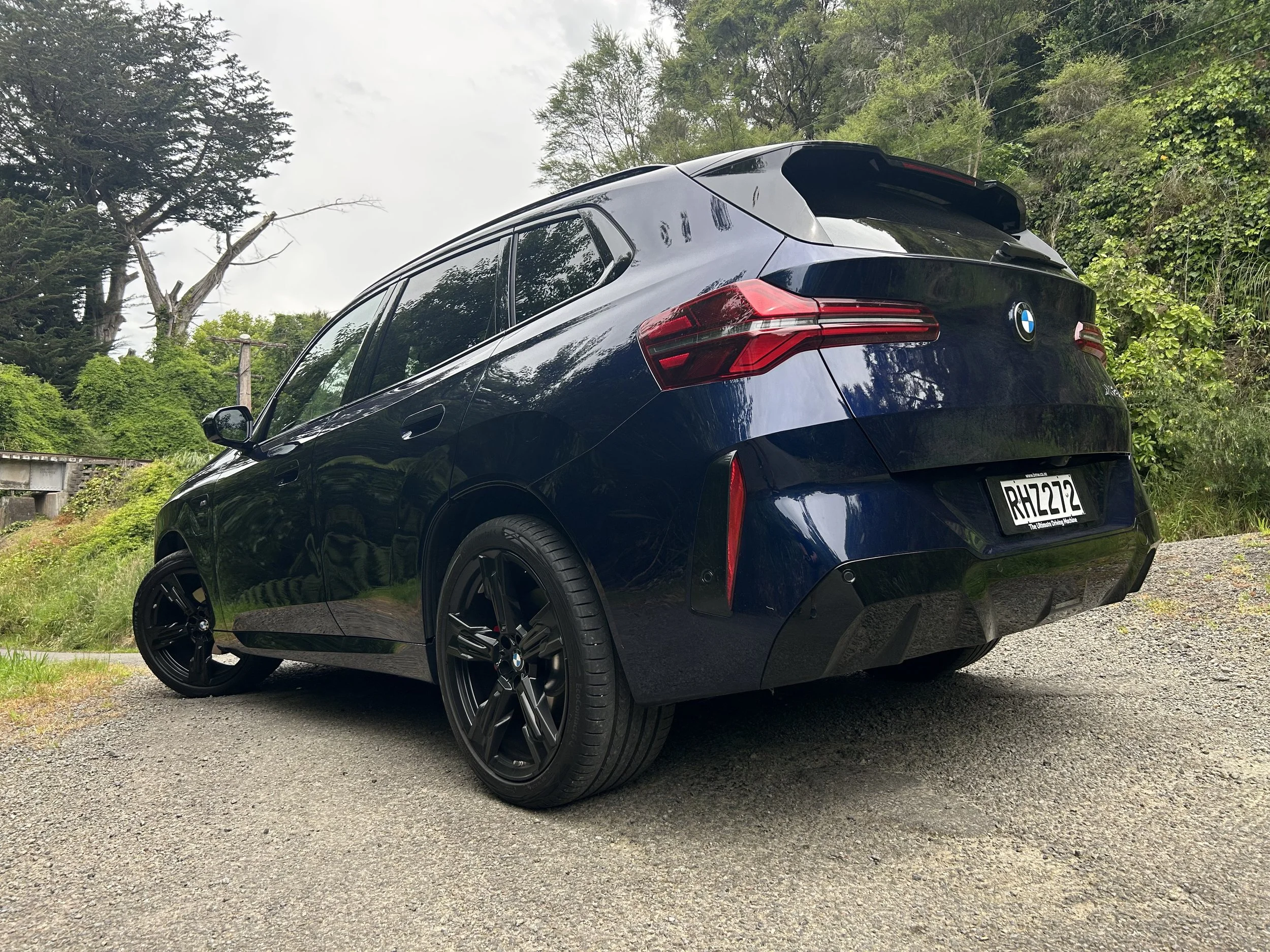No plugging electric Hilux
/Breakthrough battery model displayed, but Toyota coy to discuss it.
THE Hilux in everyone’s mindset has been revealed – and Toyota has yet to say a thing about it.
As part of a big celebration of 60 years of manufacturing vehicles in Thailand, Japan’s No.1 has shown off a concept that seemingly points to an electric future for the ute it builds there for countries including New Zealand.
The Hilux Revo BEV concept was revealed in Bangkok yesterday by Toyota chief executive Akio Toyoda alongside another utility-style design study – but the make is not sharing any technical detail, not even basics like battery size or predicted range.
All that’s apparent is that the car shown on stage has based on the existing internal-combustion Hilux, albeit with the standard EV signatures of a closed-off grille and a prominent charge port on its front three-quarter panel.
According to Toyoda, it’s “designed to support carbon neutrality and a better environment for all”.
He also reiterated a corporate mantra, espoused often by the brand in recent years, that electric alone is not the answer and that Toyota prefers multiple approaches, including with hydrogen and also synthetic fuels.
The fuel cell pathway for the one-tonne ute is being explored in the United Kingdom at present, with a Government-funded programme also supported by Toyota’s distributor there.
Toyoda has a special interest in Hilux, as development of an earlier generation version, in Thailand, was his first big overseas project. The vehicle’s development had been dogged with challenges, but the production model was a success.
An electric edition of the current Hilux is already in production – albeit from a third party provider, a tech start-up in Queensland. Roev is converting Hilux and Ford Ranger to run on battery power, aiming to build more than 1000 examples for fleets at a Sunshine Coast factory next year.
Vehicles equipped with the Standard Range package are fitted with an 11kW onboard AC charger, an 80kW DC fast charger, vehicle-to-load/V2L capabilities (allowing owners to plug in 240-volt appliances) and a 64kWh battery pack cited as beng good for 240km of driving range.
Roev also has an Extended Range conversion that equips the electric utes with a larger 96kWh battery, allowing up to 360km on a charge.
Cited costs are purely for the conversion spend, not the vehicle itself, and start at just under $50,000 in rear-drive, while all-wheel-drive grades incur an additional $3100 premium.





